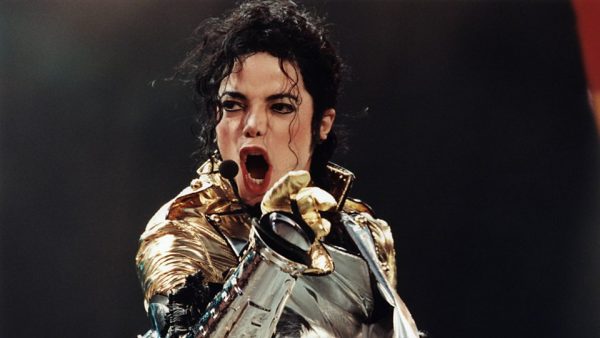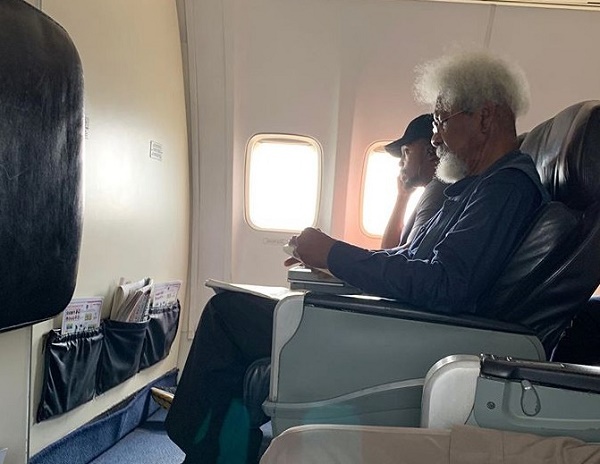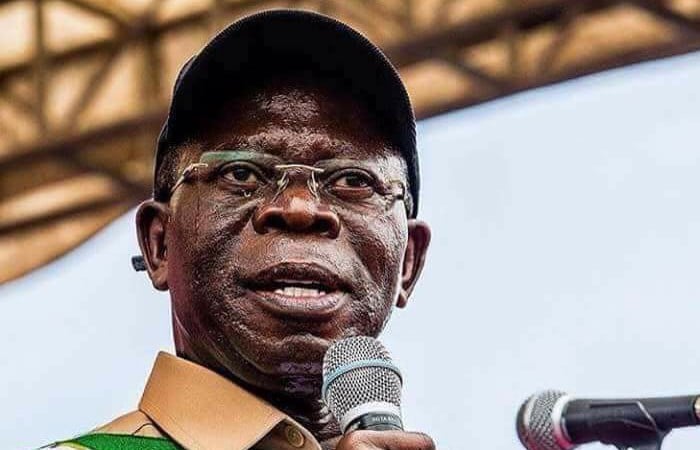With the recent inauguration of 9th national assembly and the election of Ahmad Lawan, a doctorate degree holder and Femi Gbajabiama, a lawyer, at the helm of the affairs; one can say the ruling All progressive Congress (APC) got its axle together and got what it aimed for. Be that as it may, one needs to ask if the ‘ayee’ will continue to have it.
The election process which produced the two leaders was not totally free of all forms of inducement. There were silent rumours of Millions of Naira exchanged hands. This was in addition to promise of juicy committee positions. Despite these, one needs to commend the efforts of the two new leaders for a hard work done throughout the campaign process. Now that the battle is won and lost, the two houses are billed to resume real legislative duties from July 2, what should the electorates expect?
Looking at the history of the national assembly from its first to the ninth assemblies, one will noticed different flavours in their performances.
For the purpose of space and time, I will begin my analysis from 1999 till date. With Nigeria’s return to democracy in 1999 and Chief Olusegun Obasanjo as the President, the first Senate President elected was Evan Enwerem. Before that Assembly came to an end in 2003, Nigeria had three Senate Presidents and only two Speakers of House of Representatives.
Advertisement
Greed, avarice, ethnicity amongst other factors contributed to this. The period between 2003-2007 was full of its own peculiar drama. Aminu Bello Masari was able to managed all shades of opinion as Speaker of the house of representative while Adolphus Wabara and Ken Nnamani were Senate Presidents for the same period.
Between 2007 and 2015, David Mark was in charge of the Senate. It was a time of alleged heavy money flow. Issue of third-term amongst others made the Senators Millionaire overnight without doing anything special. On the other hand, House of representatives has Patricia Etteh, Dimeji Bankolel. The 8th Assembly which held between 2015 and 2019 had Senator Bukola Saraki and Yakubu Dogara as Senate President and Speaker respectively.
From 7th Assembly, a twist was introduced to house leadership election. Aminu Tambuwal set the record by working with opposition party to ensure his victory as house Speaker. This twist gave opportunity and a learning curve upon which the 8th national assembly rode. A peculiar feature of the 8th Assembly started with the ‘maradonaic’ system of election. The two new leaders outsmarted their Party by playing a fast one and thereby ensuring their elections through alignment with opposition members. The 8th Assembly set the record of having Deputy Senate president from the members of the opposition party as well as a very hostile working relationship with the Executive Arm.
Advertisement
Given the circumstances which produced the two leaders at the 8th national Assembly, the application of force, threat to opposing voices within the two houses gained momentum. Suspension as a tool in the hands of the leaders, which began to rear its head from the 7th national assembly became a good weapon in the 8th national Assembly leadership
The likes of Abdul Mumuni who raised the dust on budget paddling at the house of representative was suspended at the house of representative, we also have Senator Ali Ndume suspension at the Senate.
An adage says ‘the death that is killing one’s age mate is sending a warning signal.’ With this suspension, other vocal and progressive voices like Prof, Adeyeye, Senator Sanni and co just went silent. Discussions on the floor of the two houses only became lively during emoluments sharing session. There was always unity of purpose of members against the public despite outcry with regard to unbelievable salary and allowances.
Budget and other necessary legislative duties were delayed beyond normal. As long as the Executive Arm refused to play ball. The hostility was palpable in the land. Nigeria economy suffered. There were horse trading with regards to who was responsible for the delays. From writer’s point of view, some of the decisions made on the floor of the houses seemed more like a pre-arranged discussions which just needed public rubber stamps as the ‘ayee’ always have it.
Advertisement
I stand to be corrected; raised hands of opposing views were deliberately ignored by those who were supposed to acknowledge them. This was based on what the cameramen on the floors of the house showed to the public. In addition, many seats were always empty during the discussions. Senators and representative continued to collect money for job not done or not well done.
The normal explanation for the above was that the national assembly would not be a rubber stamp for the Executive Arm. As a result of frustration or a form of agitation against the system, 8th Assembly produced the best season films like mace snatching among others. We also had a great musician who produced many songs and shades of dancing legs, albeit senators.
Now that the 9th Assembly had been inaugurated and party choices are at the helm of the affairs, will the ‘ayee’ continue to have it? This time it may be ‘ayee’ for rubber stamping Executive orders or national assembly leadership’s position. We hope the electorates will have robust representatives who are poised to make positive changes.
Advertisement
Views expressed by contributors are strictly personal and not of TheCable.
Add a comment







